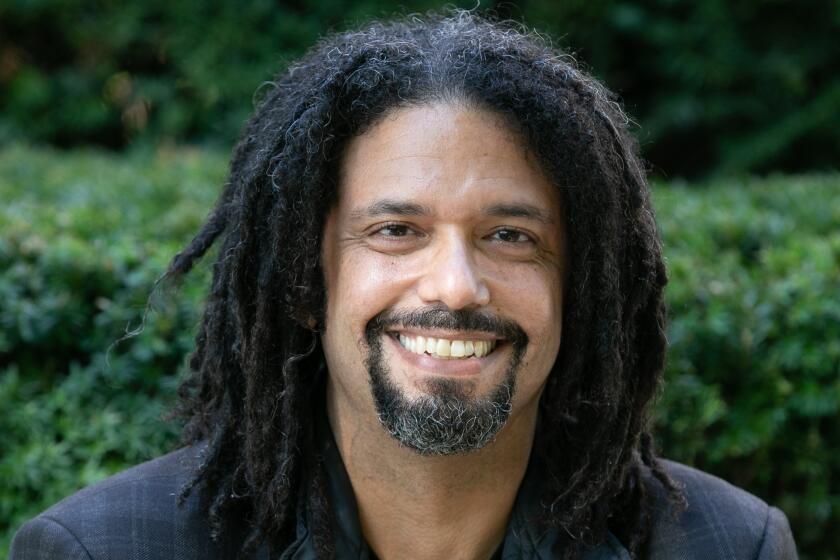California’s costly death penalty
Time and again, academic studies have demonstrated that California’s death penalty is a staggering waste of taxpayer money, a legal fiction that gives voters the impression they’re being tough on crime even though condemned inmates typically expire of natural causes before making it to the death chamber. A new such study, which is notable because it is based on previously unavailable records from the state Corrections and Rehabilitation Department, comes to the same conclusions we’ve seen before. But the political outcome is unlikely to change until voters figure out that the problem lies with capital punishment itself, not with the dysfunctional way it’s practiced in California.
The latest analysis, from U.S. 9th Circuit Judge Arthur L. Alarcon and Loyola Law School professor Paula M. Mitchell, shows that California is spending $184 million a year more on its 714 death-row inmates than it would if they had been sentenced to life without parole. That tops the estimate of the California Commission on the Fair Administration of Justice, whose 2008 report said capital punishment was costing the state $137 million a year. The American Civil Liberties Union of Northern California, meanwhile, estimates we could save $1 billion over five years by eliminating the death penalty, in an analysis that includes the $400-million cost of making needed upgrades to San Quentin State Prison’s death row.
Republican lawmakers, the self-styled guardians of the public purse, seldom mention these figures. Tough-on-crime conservatives tend to believe the state would save money by cutting the near-endless legal delays and actually executing prisoners instead of housing them indefinitely. That sounds good, but it makes little sense. It is true that the average lag time in California between conviction and execution is 25 years, that the state hasn’t executed anyone since 2006, and that the appeals process takes far longer in California than it does in other states. But when the California Commission on the Fair Administration of Justice examined the legal delays, its recommended solutions for speeding things up — such as hiring more lawyers at the Office of the State Public Defender and the Habeas Corpus Resource Center — would cost even more money than we’re spending now, to the tune of at least $95 million a year.
Speedier judicial review, meanwhile, wouldn’t solve any of the other problems with capital punishment. It wouldn’t reduce the danger of the state executing an innocent person (in fact, it might increase it). It wouldn’t end the constitutional question of whether the state’s lethal-injection method represents cruel and unusual punishment, nor the supply headaches for a key drug used in the execution cocktail. It wouldn’t erase the added costs of housing death-row inmates or upgrading San Quentin. And it wouldn’t help California join the growing community of states and nations that have done away with an antiquated form of justice.
More to Read
A cure for the common opinion
Get thought-provoking perspectives with our weekly newsletter.
You may occasionally receive promotional content from the Los Angeles Times.










